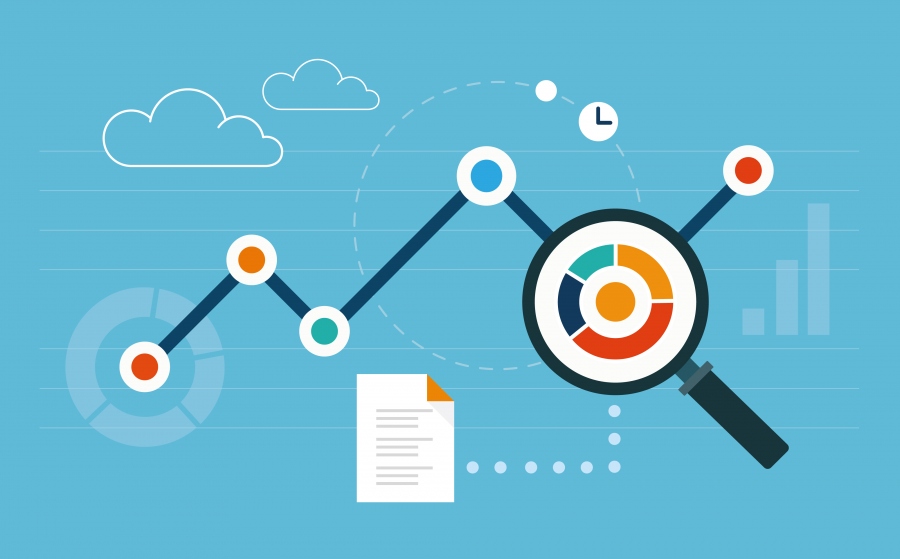How Contract Analytics Is Disrupting Financial Services
If there’s one industry that’s sure to know about contracts, it’s the financial services sector. From opening a bank account to applying for a loan, a contract exists for just about every process in the market. In days past, this would mean a financial services professional drawing up contracts and manually reviewing them over and over again. Contract analytics software and contract AI are starting to cause quite a ripple in financial services.
What is contract analytics?
Contract analytics refers to the analysis of a contract. Naturally, however, for an industry that is rife with moving parts, it can get really complicated, really quickly. Not only is it a useful comparative tool that has the capability to quickly identify and report discrepancies between legal documents, but it also is often used by financial professionals to gain greater insights into their contracts. These aspects range from timeliness (insofar as comparing delivery and return dates), statistics (such as whether a contract is new, up for renewal, pending, or expired.
This is because contract analytics software and contract AI frequently rely on programs such as natural learning processes to decipher and somewhat interpret the contents of contracts. This is a form of machine learning that allows these applications to determine what, exactly, a contract might be saying without requiring a financial services professional to review it as in depth as they might have previously. This also facilitates the extraction of clauses, phrases, and contractual terms and provisions for quicker review. In combination with some first and third party programs, given the contract analytics provider, this also means easier creation and deployment of visual references and dashboards. For a fast-paced industry, this provides a much-needed speed boost to some of the more administrative tasks that plague professionals.
Naturally, this has some industry experts concerned about the disruption these programs are causing. Document review was once a more involved role in the industry, and some banks and financiers are eliminating these positions in favor of programs that are often viewed as less of an expense than employees.
Benefits of contract analytics and contract AI
When it comes to contract analytics and AI, the immediate benefit is obvious. The technology offers insights in a typically murky niche. Especially when it comes to pursuing and securing lead contracts, many financial services businesses are left in the dark. The added insight is, naturally, invaluable. It provides greater information on the contract funnel, informs both parties of progress, and can identify any lingering mistakes that might cause a contract rejection. This is particularly important when working with shrewd clients, because the mistakes such as common accounting and mathematical errors, and incorrect terminology can damage reputations.
Another plus is that contract analytics are excellent at finding areas of upsell opportunity in both new and existing contracts. This resource allows finance teams to better support the sales end of their businesses without overly extending any aspect of their work processes. As such, it has great potential not just for the financial services vertically but for nearly any enterprise that further argues the case for deployment.
This has leveled the playing field for smaller businesses that might not have the time, resources, or staffing to perfectly execute every contract. It also helps the larger outfits prevent careless liabilities that could result in some very expensive consequences. The disruption contract analytics has caused in the financial services industry cannot be understated, and it’s likely to continue having a larger impact on the market as a whole, changing the way businesses conduct their operations and contracts processes.

